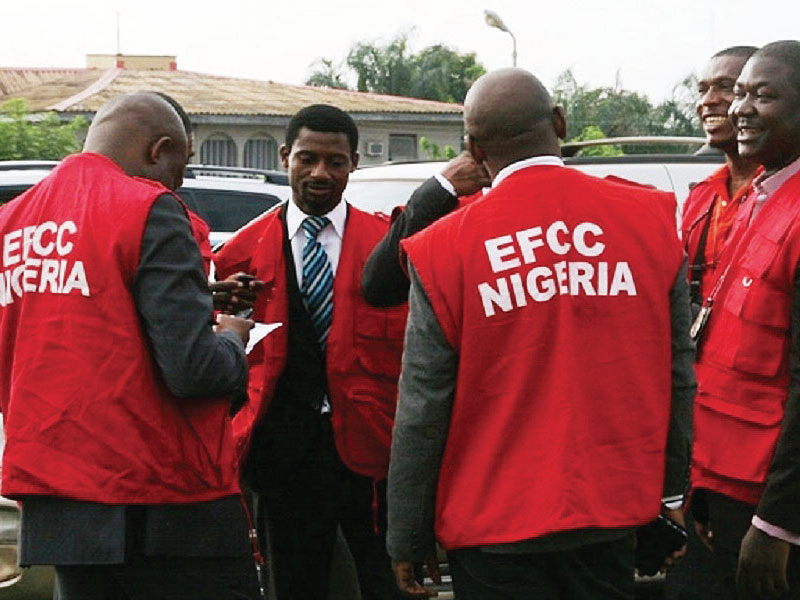
In a tense confrontation on Monday, personnel from the Economic and Financial Crimes Commission (EFCC) clashed with Bureau De Change (BDC) operators in Wuse Zone 4, Abuja. The altercation, characterized by the use of firearms, resulted in shots being fired.
The conflict unfolded against the backdrop of the naira’s alarming depreciation, with the currency plummeting to approximately N1,700 to a dollar and N2,100 to the British Pound. This economic turmoil prompted drastic measures, including the forced closure of BDCs, allegedly orchestrated by authorities in a misguided attempt to mitigate the currency’s free fall.
It was disclosed earlier in February that the closure of BDCs in Abuja was attributed to directives purportedly originating from high-ranking government officials. Sources claimed that the government, seeking to address the currency crisis and salvage its reputation, instructed the Department of State Services (DSS) to intervene forcefully in the situation.
The move to shutter BDC operations reverberated through the Abuja chapter of the Association of Bureau De Change Operators, prompting an indefinite closure of their business premises. Abdulahi Dauran, the chapter’s chairman, cited a scarcity of US dollars exacerbated by online banking and cryptocurrency transactions as contributing factors. However, indications suggest that the association succumbed to external pressure, compelling them to cease operations indefinitely.
READ ALSO: EFCC Clashes with Bureau De Change Operators in Abuja Amid Naira Crisis
The unrest in Abuja coincided with protests erupting in Ibadan, Oyo State, where residents voiced grievances against the economic hardships precipitated by government policies. Chanting slogans such as “Tinubu Ole” (Tinubu is a thief) and “E bi n pawa” (We’re hungry), protesters obstructed major roads, disrupting traffic flow and drawing attention to their plight.
Similar demonstrations had occurred earlier in Minna and Suleja, in Niger State, underscoring widespread discontent with the prevailing economic conditions. Protesters demanded relief from rising inflation, escalating fuel and gas prices, and general hardships inflicted upon the populace.
To maintain order amidst the protests, law enforcement agencies deployed armed officers to strategic locations, preempting potential disruptions. EFCC









Leave a Reply